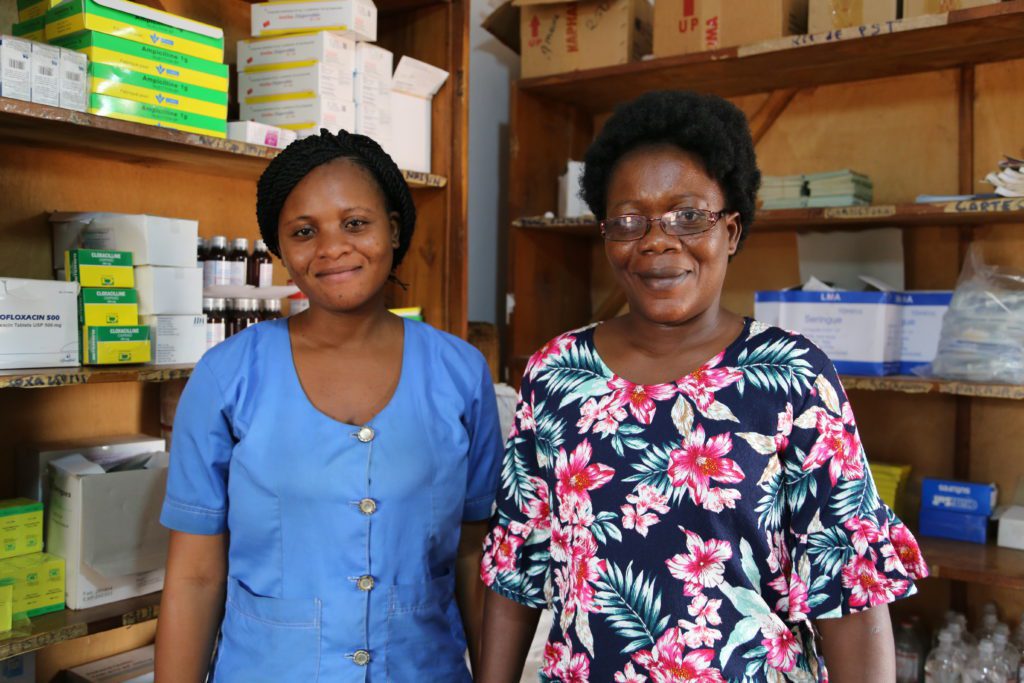Ending NTDs in Gagnoa by 2023

- Ivory Coast Country
- 247.175 € Investment
- 2022-24 Length
The Challenge
NTDs negatively affect the development of thousands of people in 60 communities in Gagnoa.
In the Gagnoa Department, in south-central Côte d’Ivoire, there are many cases of leprosy, yaws, trypanosomiasis, Buruli ulcer and scabies, NTDs which negatively affect the full development of thousands of people living in the zone, particularly women and children from rural communities.
Despite coordinated efforts to combat them since 2014, the Ivorian health system does not have the capacity to detect and inform of new cases or manage them correctly. In turn, the population is unaware of the source of these diseases and some affected communities believe them to be of mystical origins. This causes stigma and often people with NTDs hide their illness or are rejected by family members.
The solution
To combat NTDs in Gagnoa, we work in collaboration with the Ivorian Ministry of Health via their National Programmes to fight against leprosy and the Buruli ulcer. We also work closely with the Raoul Follereau Foundation in a strategy of integrated intervention by:
- Establishing monitoring committees in community health centres to carry out screening, detection, treatment and awareness-raising activities around NTDs, doing so with an approach adapted to the needs of the most vulnerable people and promoting teams with parity of representation, whereby women participate equally.
- Strengthening the administration of chemoprophylaxis and mass preventative treatment against leprosy in affected communities.
- Promoting the PHAST (Participatory Hygiene and Sanitation Transformation) approach in the towns of Bobia and Otehoa, an approach centred on participatory learning so that communities manage water and control diseases related to sanitation. We adapt it to children using the CHAST approach (Children’s Hygiene and Sanitation Training) in order for it to be learned in schools.
- Training five groups of women from Bobia and Otehoa with the collaboration of Leadafricaines, an African network that fosters women’s leadership.
- Training health and community staff, local authorities and ministry staff in order for them to integrate a gender perspective in the fight against NTDs.
- Adapting protocols of support and monitoring for cases and instructing 80 healthcare professionals and 60 community groups on caring for wounds associated with skin-related NTDs.
- Supporting the construction of 22 handwashing devices and six blocks of toilets in schools from Bobia and Otehoa.
- Restoring, expanding and equipping the Otehoa health centre, endowing it with, among other facilities, a waste incinerator, water supply system and restored well.
Impact
Involving the population
The Gagnoa Department will improve its capacity to integrally combat NTDs, involving the population from 60 communities where this intervention is developed.
Related projects
See other projects where we fight Neglected Tropical Diseases




